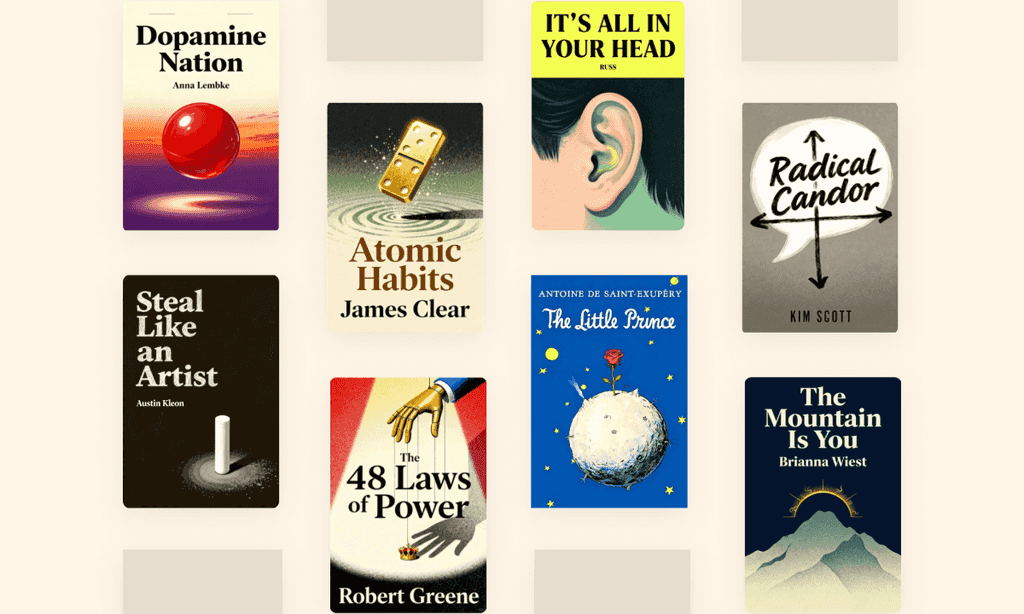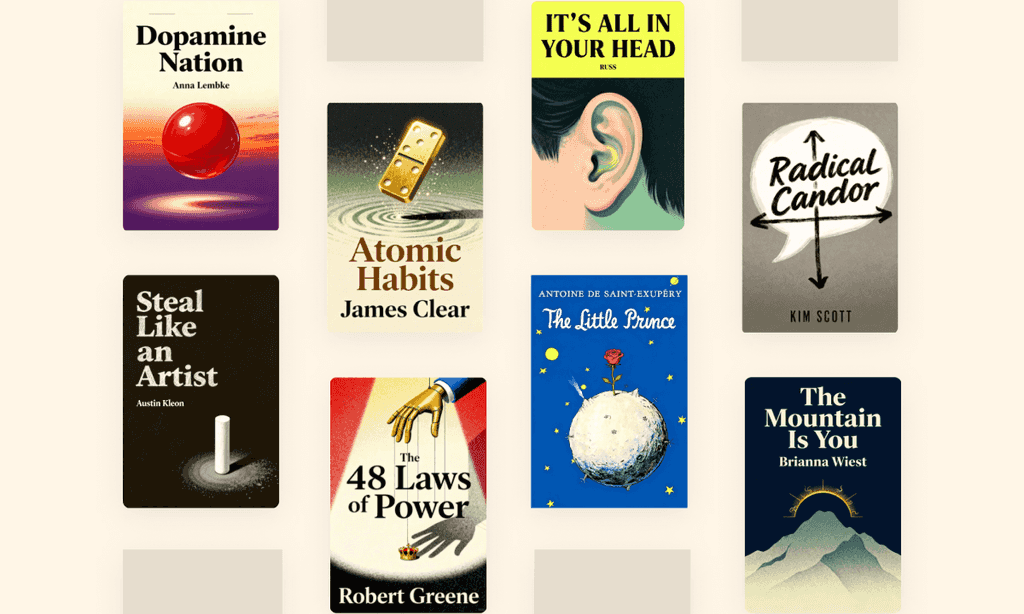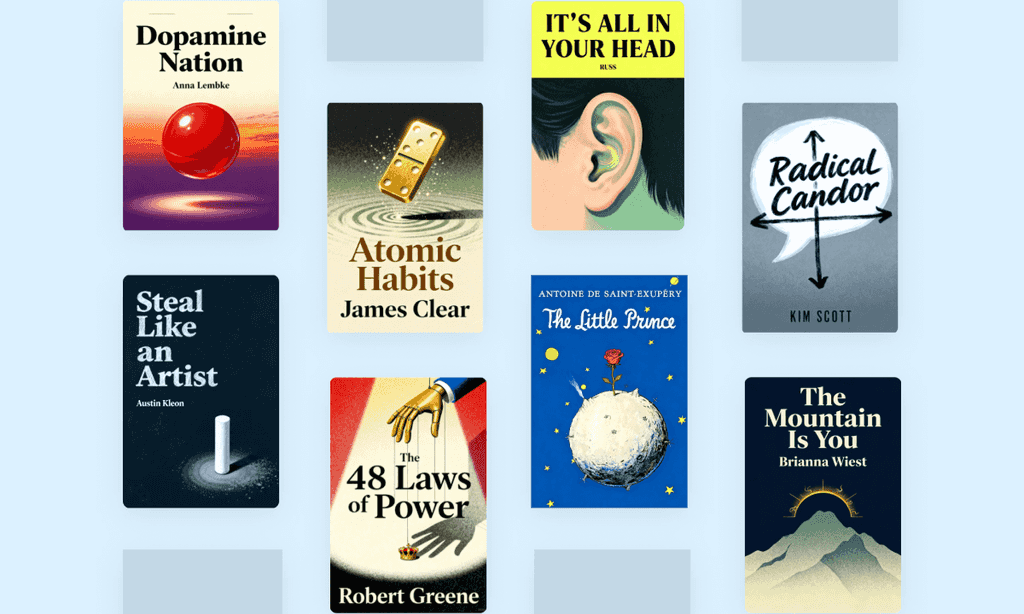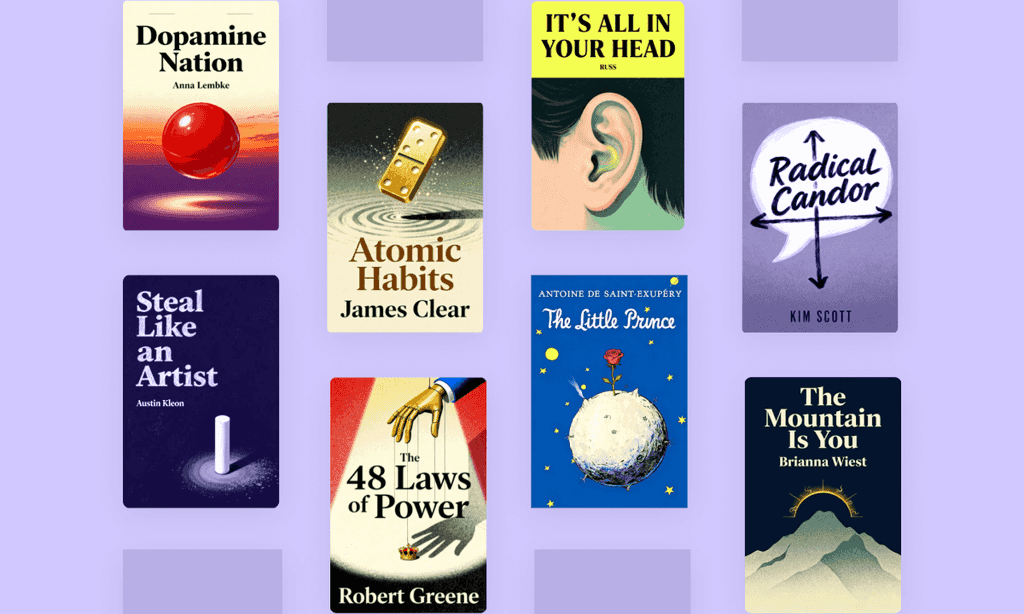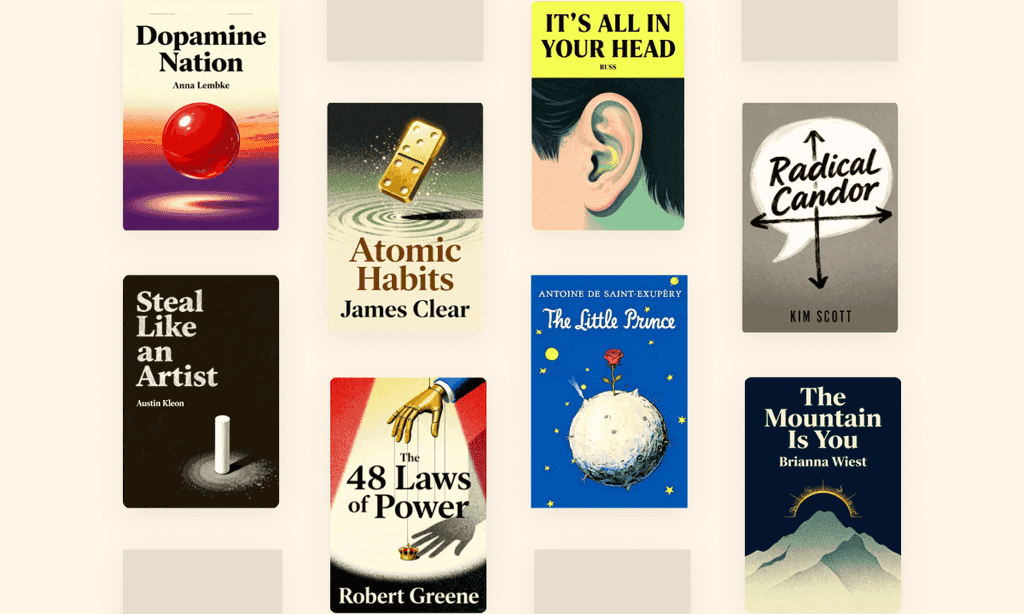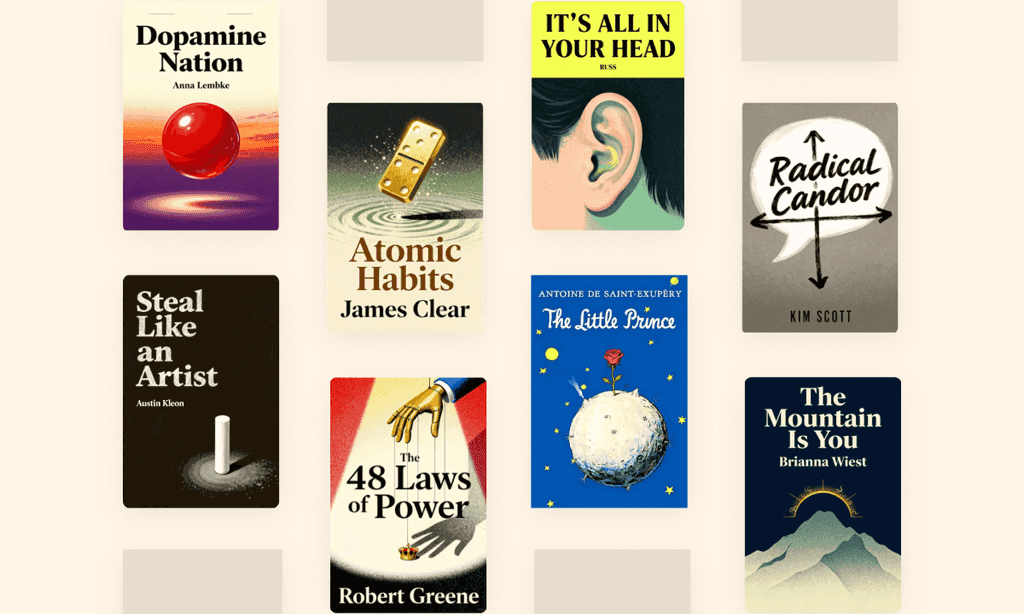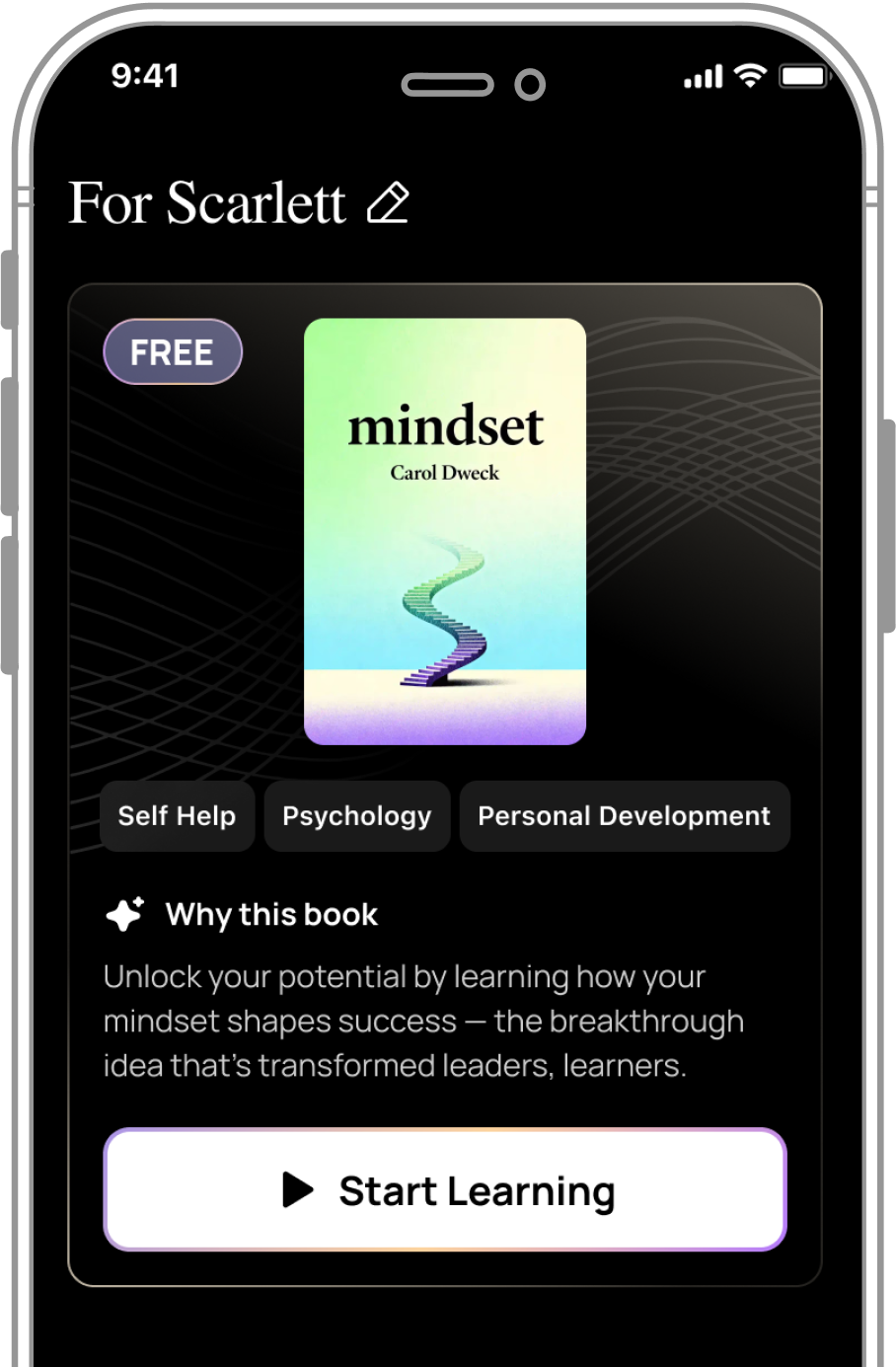Shoe Dog by Phil Knight
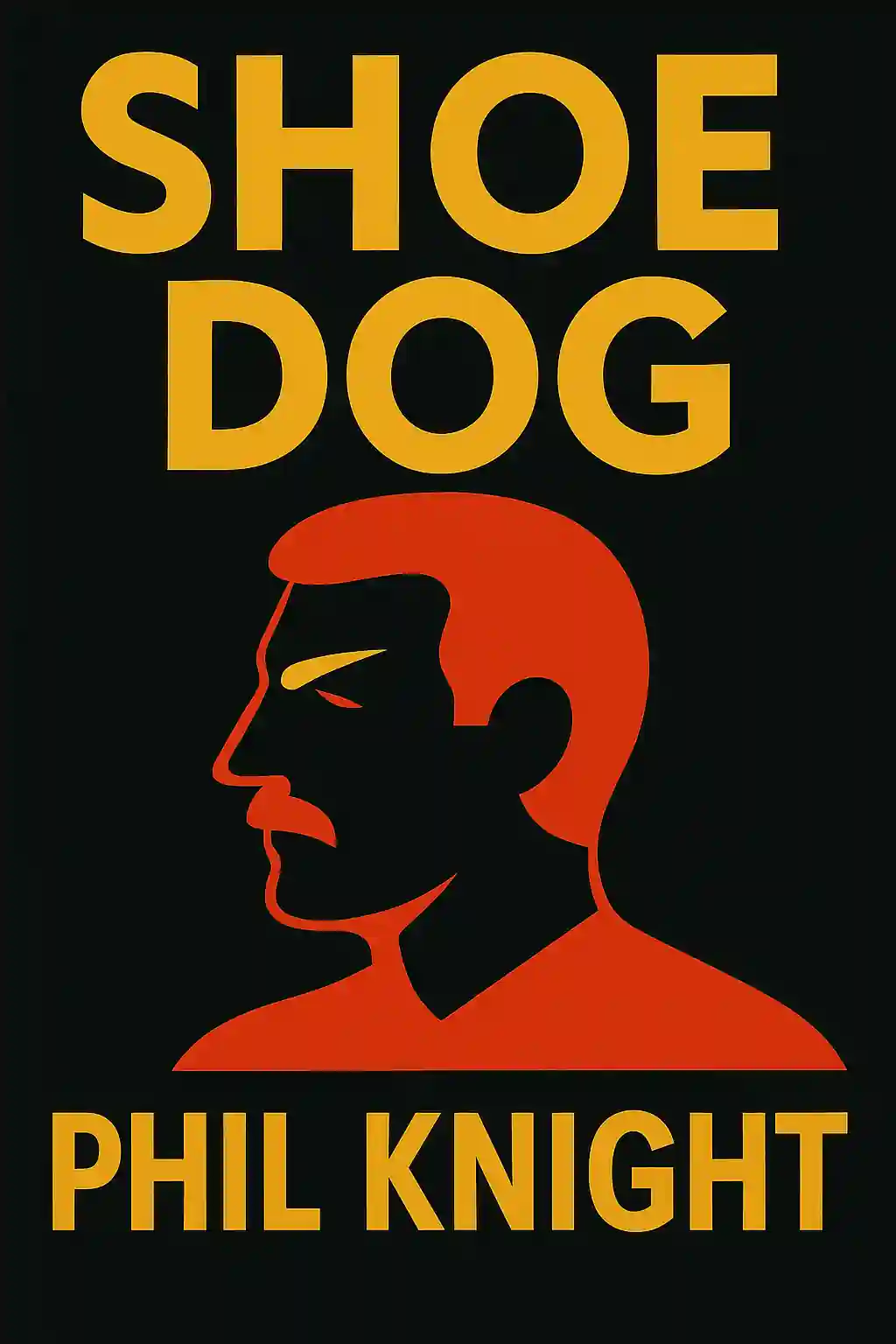
Overview of Shoe Dog
Before Nike became a $40 billion empire, Phil Knight started with $50 borrowed from his father. "Shoe Dog" reveals the gritty, near-failure journey that Bill Gates calls "a refreshingly honest reminder that success is messy, perseverance critical, and luck invaluable."
About its author - Phil Knight
Phil Knight, co-founder of Nike and author of the bestselling memoir Shoe Dog, is a globally renowned entrepreneur and business visionary. The book, blending autobiography with business strategy, chronicles Knight’s journey from selling shoes out of his car to building a multibillion-dollar empire, offering raw insights into perseverance, innovation, and risk-taking.
A Stanford MBA graduate, Knight transformed his graduate school paper on disrupting the athletic shoe market into Blue Ribbon Sports in 1964, which later became Nike. His hands-on leadership in product innovation—including the iconic “swoosh” logo and waffle sole design—redefined athletic footwear.
Shoe Dog became a New York Times bestseller, praised for its candid storytelling and lessons on grit. Translated into over 25 languages, the memoir has sold millions of copies worldwide and is frequently cited as essential reading for aspiring entrepreneurs and business leaders. Knight, with a net worth exceeding $45 billion, remains a seminal figure in corporate history.
Key Takeaways of Shoe Dog
- How Phil Knight built Nike through relentless perseverance and cash flow gambles
- Why embracing "grow or die" mentality defined Nike's early survival strategy
- How a $35 swoosh logo became history's most valuable brand symbol
- Why Bowerman's waffle sole innovation revolutionized athletic shoe engineering forever
- The counterintuitive power of selling shoes from car trunks to global domination
- How near-bankruptcy forged Nike's obsession with innovation over financial safety
- Why early struggles with Onitsuka Tiger fueled Nike's breakout independence
- How "Buttfaces" redefined startup culture through radical loyalty and madness
- The art of turning "four of top seven finishers" into marketing gold
- Why mortgaging everything taught Knight to bet big on his intuition
- How track coach Bill Bowerman became Nike's secret innovation weapon
- Why Nike's origin story proves success begins where comfort zones end












